12 GPTs for Book Reviews Powered by AI for Free of 2026
AI GPTs for Book Reviews are advanced generative pre-trained transformer models specialized in generating, analyzing, and summarizing book reviews. They leverage the power of machine learning to understand and process vast amounts of text data, offering customized solutions for generating insightful and coherent reviews of books across genres. These tools are adapted to cater specifically to tasks related to book reviewing, including sentiment analysis, summarization, and content generation, thereby playing a crucial role in the literary world by providing scalable and efficient solutions for both readers and professionals.
Top 10 GPTs for Book Reviews are: BOOK ANALYSIS,読書感想文ジェネレータ,You tube Summarizer,Buy or Not Buy,文艺养成指南,GoodReads Search,Strategic Summary,Essay Checker Plagiarism,Book Scout,책 블로그
BOOK ANALYSIS
AI-Powered Book Analysis and Insights

読書感想文ジェネレータ
AI-driven insights for your book reflections
You tube Summarizer
Summarize YouTube videos with AI power

Buy or Not Buy
Empower your purchase decisions with AI

文艺养成指南
Explore Art Cinema and Literature with AI

GoodReads Search
Unlock the world of books with AI-powered insights.

Strategic Summary
AI-Powered, Perspective-Driven Summaries
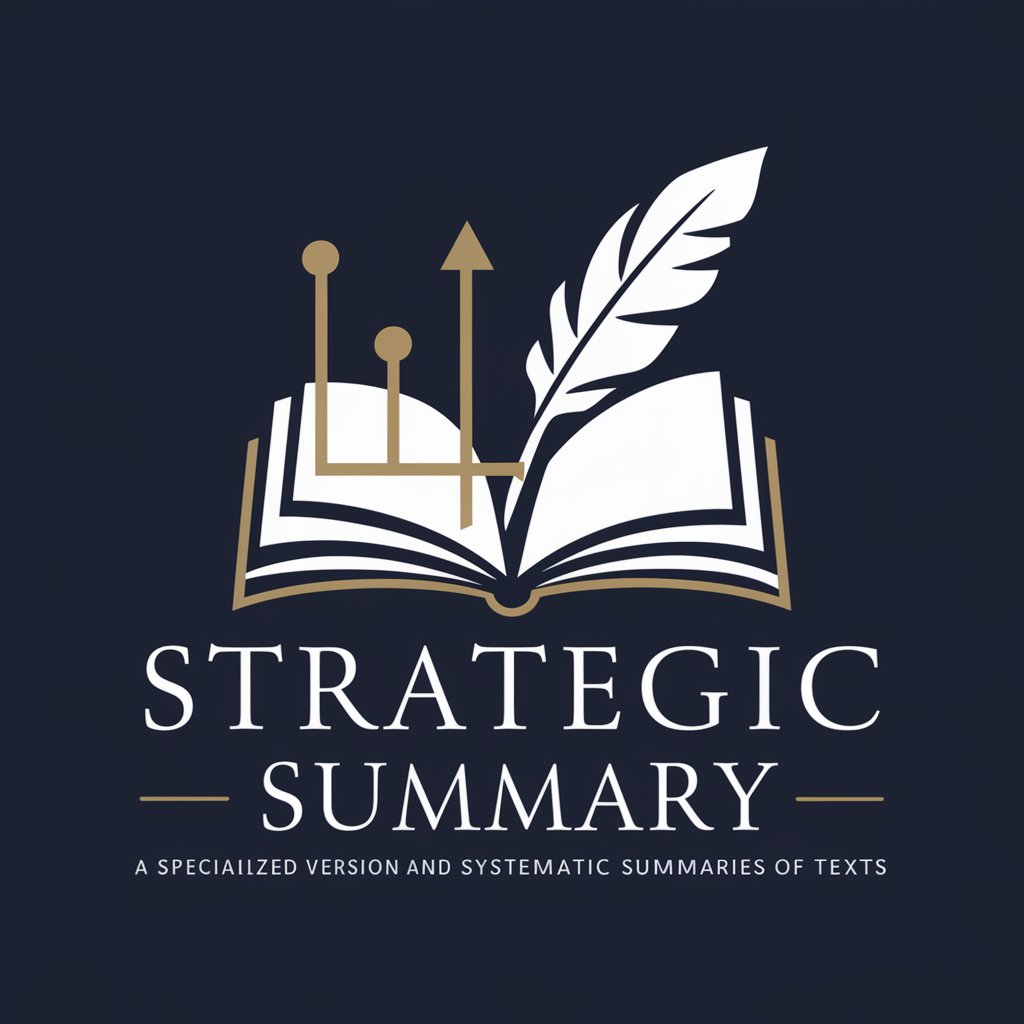
Essay Checker Plagiarism
Elevate Your Writing with AI-Powered Insights
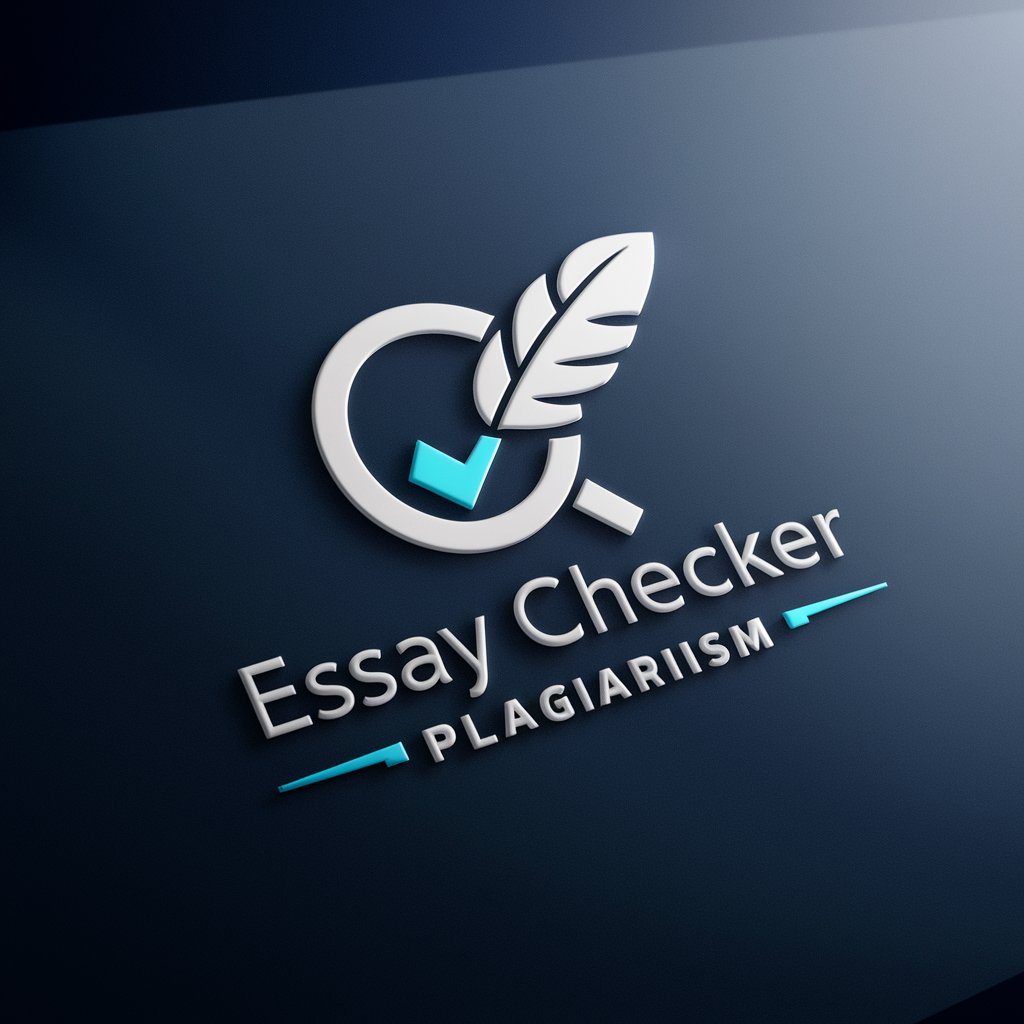
Book Scout
Discover Your Next Read with AI
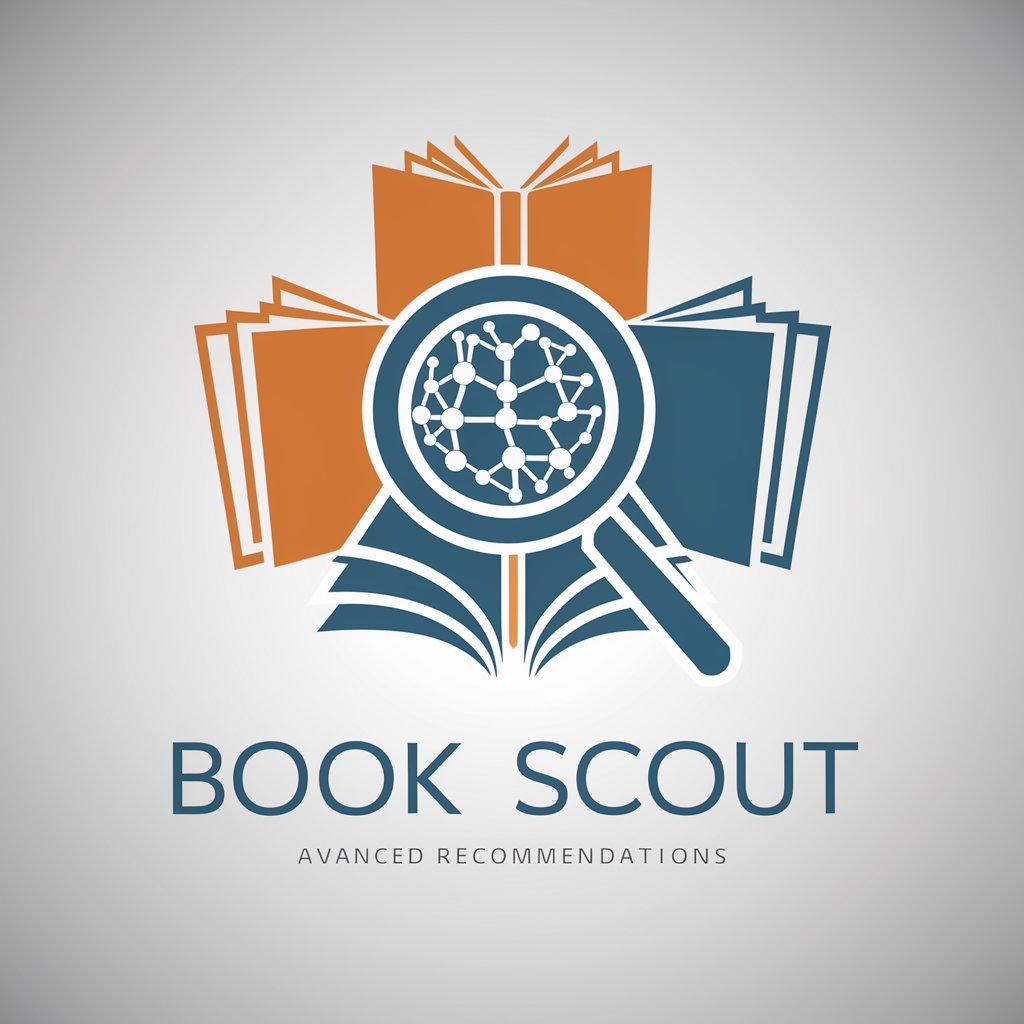
책 블로그
Empowering Literary Exploration with AI

Compare
Deep dive into literary worlds, powered by AI
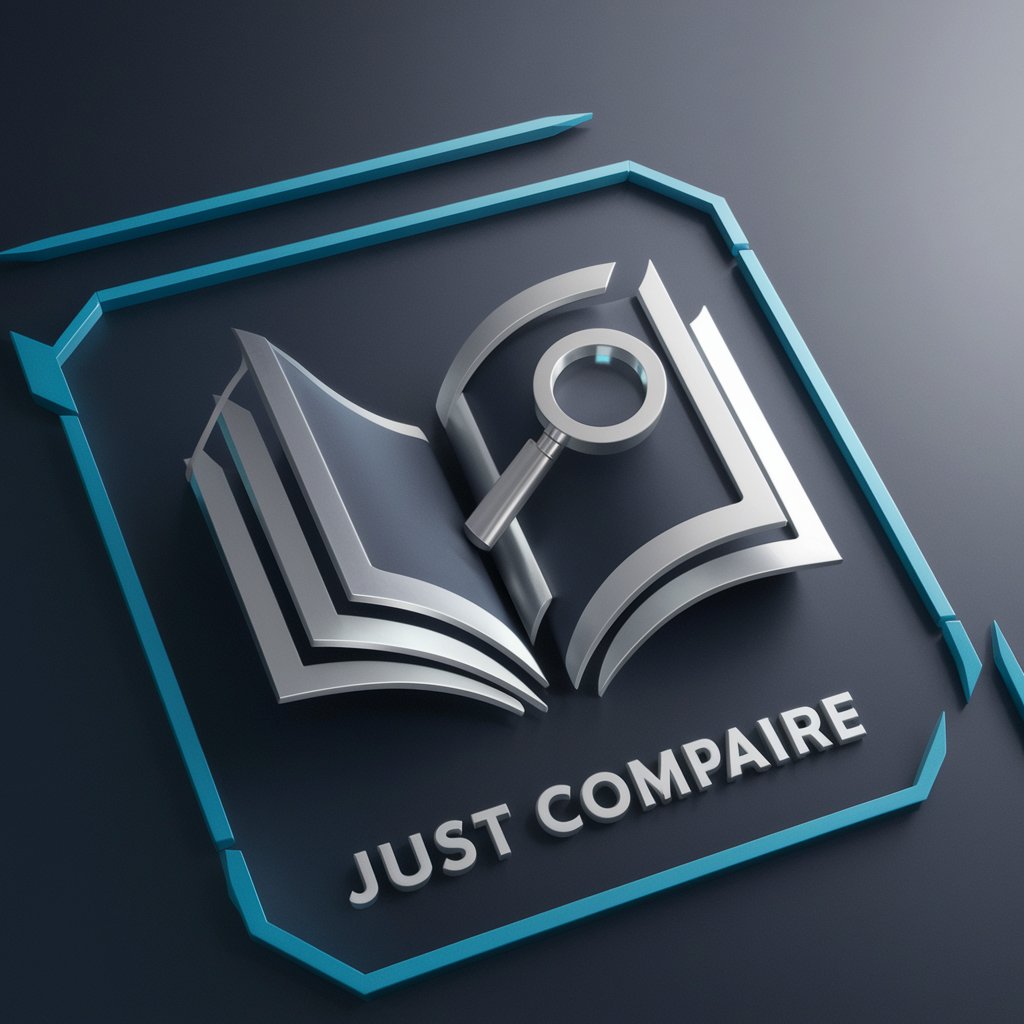
Novel Chapter Summarizer
Transforming chapters into concise summaries with AI.
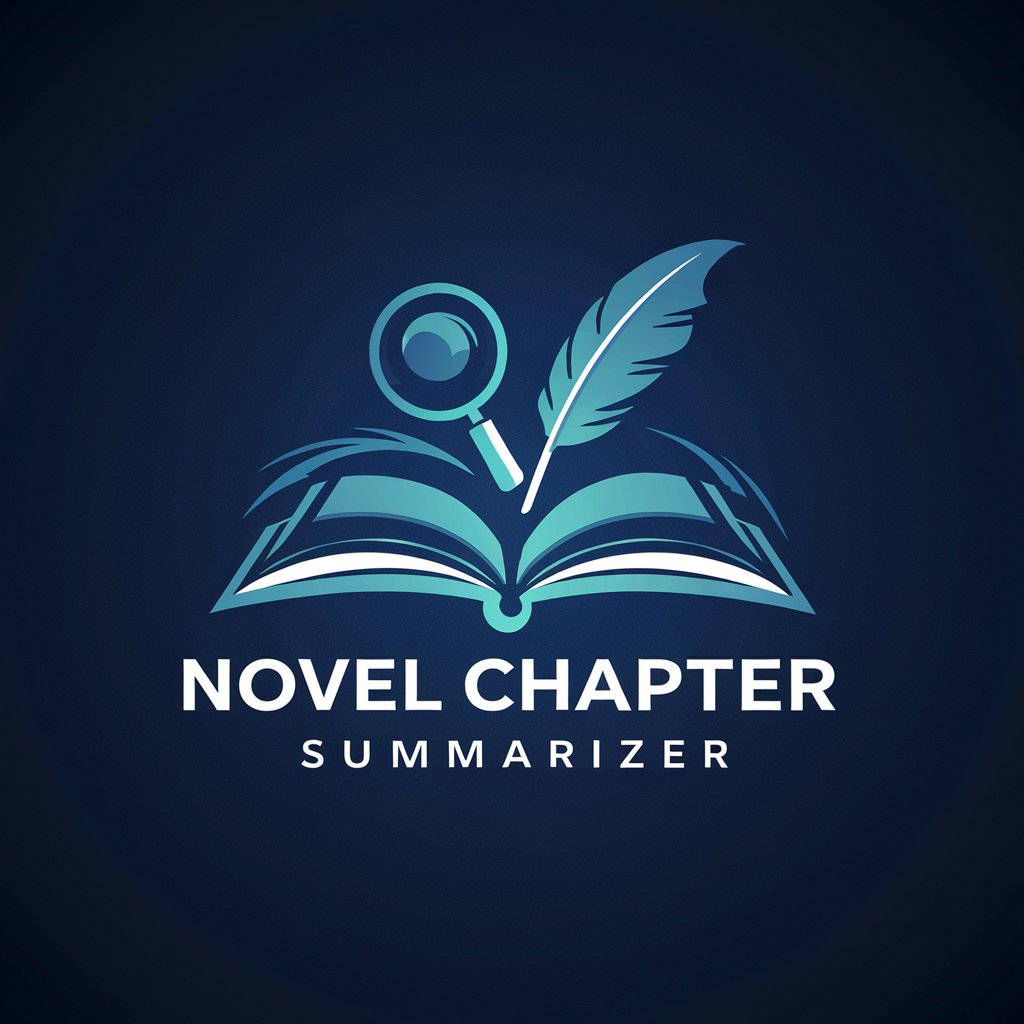
Key Attributes and Functions
AI GPTs tools for Book Reviews are characterized by their adaptability and versatility, offering features that range from generating brief summaries to detailed critiques. Key features include natural language understanding for nuanced sentiment analysis, the ability to learn from context for more accurate reviews, technical support for integrating with various platforms, web searching for gathering additional insights on books, image creation for visual summaries, and data analysis capabilities for identifying trends in book reception. These tools can be customized to cater from basic summarization needs to complex analysis, making them invaluable for the book review process.
Who Benefits from Book Review AI Tools
The primary beneficiaries of AI GPTs for Book Reviews include readers looking for quick summaries, authors seeking feedback on their work, publishers in need of scalable review solutions, and literary critics aiming for in-depth analysis. These tools are accessible to novices without coding skills, offering user-friendly interfaces, while also providing robust customization options for developers and professionals with programming expertise, thus catering to a wide range of users within the book community.
Try Our other AI GPTs tools for Free
Cinema Education
Explore AI GPTs for Cinema Education: Your gateway to interactive learning, scriptwriting support, and in-depth film analysis, tailored for every level of expertise.
Sensory Processing
Explore the power of AI GPTs for Sensory Processing: adaptable, precise tools designed for real-time sensory data analysis and interpretation, accessible to both novices and professionals.
Motor Skills
Explore AI GPTs for Motor Skills: Cutting-edge tools designed to revolutionize motor skill learning, offering personalized training, feedback, and analysis.
Therapy Adaptation
Discover how AI GPTs for Therapy Adaptation are revolutionizing mental health care with personalized, AI-driven therapeutic solutions. Explore their unique features and benefits.
Unreal Engine
Discover how AI GPTs for Unreal Engine revolutionize game development and digital creation, offering tailored AI solutions for dynamic content generation and project enhancement.
Survey Insights
Discover AI GPTs for Survey Insights: revolutionizing survey analysis with user-friendly, adaptable AI tools for nuanced data interpretation and trend discovery.
Further Explorations in AI for Literature
AI GPTs for Book Reviews not only offer scalability and efficiency in generating reviews but also open new avenues for literary analysis, trend identification, and personalized reading recommendations. With user-friendly interfaces, these tools can be easily integrated into existing systems, providing valuable insights for authors, publishers, and readers alike. Their ability to adapt and learn from diverse literary content and user feedback further enhances their applicability across the book industry.
Frequently Asked Questions
What exactly are AI GPTs for Book Reviews?
AI GPTs for Book Reviews are machine learning models trained to generate, analyze, and summarize book reviews by understanding and processing text data specific to literary content.
Can these tools generate reviews for any genre?
Yes, these tools are versatile and can generate reviews for books across all genres by learning from a wide range of literary contexts.
Do I need coding skills to use these AI tools?
No, these tools are designed to be user-friendly for those without coding skills, offering interfaces that make them accessible to a broad audience.
How do these AI tools adapt to different review complexities?
AI GPTs can be customized to generate content ranging from simple summaries to detailed critiques, adapting to the user's needs through advanced learning algorithms.
Can AI GPTs incorporate feedback from readers?
Yes, many of these tools are designed to learn from user feedback, allowing them to improve the quality and relevance of their reviews over time.
Are there customization options for developers?
Yes, developers can access additional customization options, including API integrations and advanced programming capabilities, to tailor the tools to specific needs.
How do AI tools for Book Reviews handle different languages?
These AI models are capable of understanding and generating reviews in multiple languages, thanks to their extensive training data and natural language processing capabilities.
Can these tools be integrated with existing systems?
Yes, AI GPTs for Book Reviews are designed to be compatible with various platforms and systems, allowing for seamless integration into existing workflows.